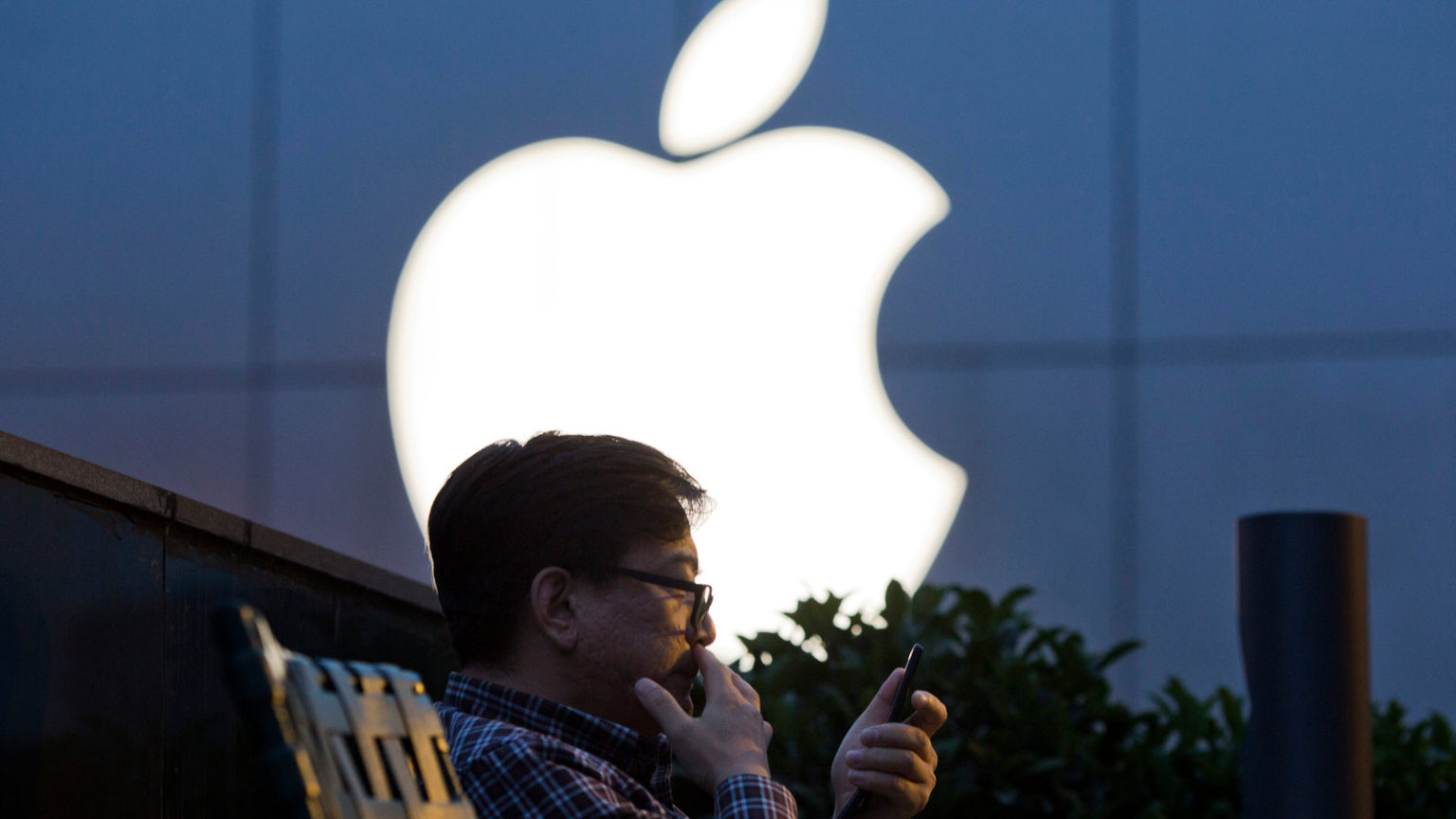|
Getting your Trinity Audio player ready...
|
A former Apple engineer has been charged with stealing the company’s self-driving car technology and trade secrets, nearly five years after he fled to China. Weibao Wang, 35, is accused of stealing thousands of files containing proprietary information while secretly working for an unnamed Chinese company. The indictment includes six counts of theft or attempted theft of trade secrets.
According to the U.S. Justice Department, Mr. Wang allegedly stole documents that contained the source code for the software and hardware behind Apple’s self-driving systems. He joined Apple in March 2016 as part of the autonomous systems development team and had signed a confidentiality agreement regarding the project, which was highly restricted within the company.
However, in April 2018, Mr. Wang left Apple without disclosing that he had accepted an offer to work as an engineer at a Chinese company involved in developing self-driving cars. Prosecutors did not reveal the name of the company in the indictment but confirmed it is based in China. During a search of Mr. Wang’s home in June 2018, law enforcement discovered large amounts of Apple data related to self-driving car technology.
While Mr. Wang claimed he had no intention of leaving the United States, he purchased a one-way ticket from San Francisco to Guangzhou, China, on the same day authorities searched his home. It has been confirmed that he currently remains in China.
If extradited and convicted, Mr. Wang could face up to 10 years in prison for each of the six charges of theft or attempted theft of trade secrets.
This marks the third time an ex-Apple employee has been accused of stealing autonomous technology secrets for China. In 2018, Xiaolang Zhang was arrested as he attempted to board a flight to China and later pleaded guilty to charges related to trade secret theft. Another former employee, Jizhong Chen, is currently facing similar charges.
Apple has not yet responded to requests for comment regarding the case. The prosecution of these cases highlights the ongoing concerns about intellectual property theft and the protection of trade secrets in the highly competitive field of autonomous vehicle technology.
The cases involving former Apple employees accused of stealing trade secrets for Chinese companies shine a light on the persistent concerns surrounding intellectual property theft in the fiercely competitive realm of autonomous vehicle technology. Such incidents raise questions about the safeguarding of sensitive information and the measures taken by companies to protect their innovations.
Apple, like many technology giants, invests significant resources in research and development to advance its self-driving car technology. The theft of trade secrets not only undermines the efforts and investments made by these companies but also poses potential risks to national security and economic interests.
The United States has been increasingly vigilant in addressing intellectual property theft, particularly when it involves sensitive technologies with national security implications. The charges against Weibao Wang and the previous cases involving ex-Apple employees demonstrate the government’s commitment to holding individuals accountable for such actions.
As the race to develop autonomous vehicles intensifies, companies are becoming increasingly cautious about safeguarding their intellectual property. They are implementing stricter security measures, closely monitoring access to sensitive information, and enhancing employee awareness of the consequences of trade secret theft.
These cases also highlight the need for international cooperation and robust legal frameworks to address intellectual property theft effectively. Collaboration between nations can help deter potential thieves and ensure that those responsible for such acts are brought to justice.
The outcome of the ongoing legal proceedings involving Weibao Wang and the other former Apple employees will be closely watched, not only by industry stakeholders but also by other companies grappling with the protection of their own trade secrets. The resolution of these cases will likely influence future policies and practices in safeguarding sensitive technology-related information.
As technology continues to advance and autonomous vehicles become an integral part of our transportation landscape, the protection of trade secrets will remain a paramount concern. Companies must remain vigilant in their efforts to secure their intellectual property and collaborate with law enforcement agencies to prevent and address instances of theft.
